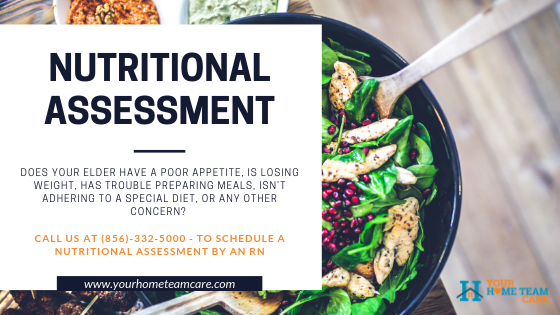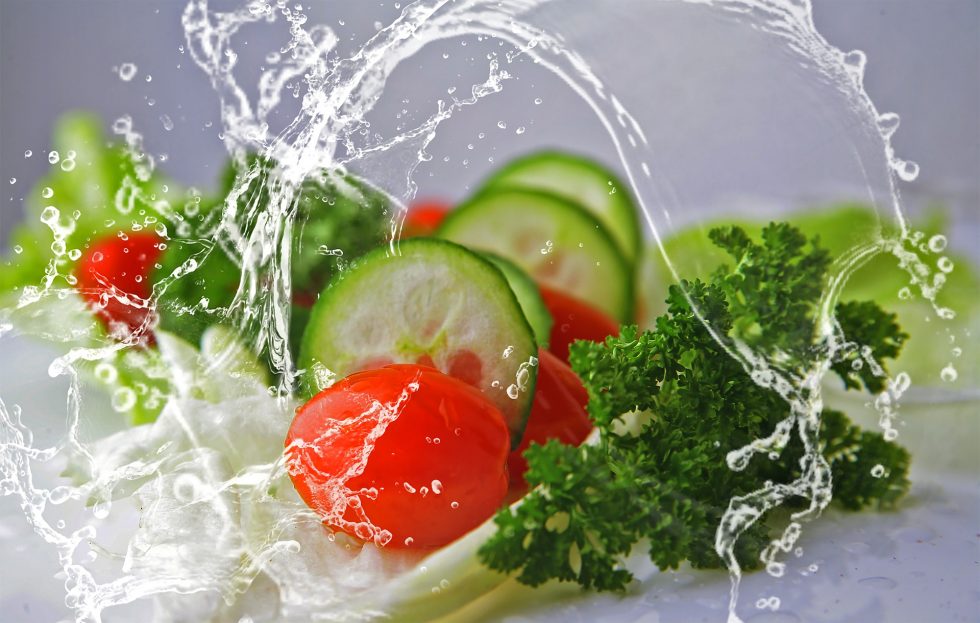Diet and nutrition for aging adults is a great concern for families, especially those caring for a parent or grandparent.
The elderly in our communities have a tremendous impact on a variety of things, including medical research, social security, nutrition and even life insurance policies.
When it comes to the health of seniors and the health of the population as a whole, it is important to provide the best nutrition to our ever aging bodies. As human beings we not only growing older, but we also incur different lifestyles are changing as well. People expect to enjoy life well into their retirement years. According to medical research estimates, out of all Americans aged 65 and over, approximately half will spend about a year at a chronic care institution.
Nutrition is very important to aging adults. Here’s a simple example: a chronic vitamin deficiency in the elderly of vitamin D is of particular concern to those in a nursing home or hospital because of poor diet intake of vitamins and lack of exposure to the sun. It should be noted that a lack of vitamin D severely restricts the immune system from protecting the body against bacteria & viruses.
The recent trends in poor nutrition of the elderly has prompted a considerable amount of research into the physiology of aging bodies. This research aims to help support recommendations and treatment protocols for the ever-growing aging population. Research will also help doctors find ways to decrease the risk of illnesses that the elderly suffer because of aging.
Our bodies go through a considerable amounts of changes as we age and these changes influence the requirements that we have for nutrients. As body composition changes, it also changes the requirements for calories; the skin will influence requirements for vitamin D and changes in the intestinal tract can influence requirements for other vitamins when they are not absorbed as well as they were when we were younger, such as vitamin B12.
Diet and nutrition can also be used to treat conditions such as cataracts of the eye or retinal degeneration that can lead to blindness. Nutrition can also play a very important role in the prevention of cardiovascular diseases, osteoporosis, stroke, a declining immune function and cancer.

As we age one of the most dramatic physiological changes that happen is the composition of lean muscle mass. Muscle mass is definitely achieved easiest in our 20s & 30s and can be maintained into our senior years only if we continue to exercise at the level at which we obtained the lean muscle mass in our younger years. As we age however, it’s a lot harder to become lean and attain a high level of cardiovascular fitness unless we maintain it from a younger age.
While it may be difficult to attain high levels of fitness for seniors, current research also shows that even at an advanced age of 90 years appropriate forms of physical exercise can reverse years of changes, as well as increase muscle strength. Doing so will increase the energy levels of the body, improve appetite, increase bone mass and also improve sleep habits. (1)
As we age there is also a decrease in the production of stomach acid which is important for absorbing dietary vitamin B12, folic acid and iron. As a result of these changes are higher incidence of vitamin B12 deficiency will occur in older people and can be important in blood formation, neurological function and cardiovascular function. A lack of vitamin B12 can very well mimic dementia and Alzheimer’s disease but is reversed with the treatment of vitamin B12.
When it comes to senior health, another condition which they face is sarcopenia (which is the wasting away of muscle). Research shows that despite difficulty in absorbing proteins, the major contributing factor of muscle loss is the loss of interest in exercise. For seniors, exercise programs can be used to ease depression, uplift their mood and help slow the onset of degenerative diseases. By implementing an exercise regimen in their life, seniors also gain the added benefit of having a much improved appetite.
At Your Home Team Care we pride ourselves in providing the best in-home care for seniors, and one of our services is Nutritional Care. If your elderly loved one has a poor appetite, is losing weight, has trouble preparing meals or isn’t adhering to a special diet, then feel free to give us a call at: (865) 332-5000 to schedule a Nutritional Assessment by one of our Registered Nurses. Our highly trained staff is here to help your loved one live a healthy lifestyle as independently as possible.

The Information Sources cited in this blog post can be found on the following websites listed below:
(1) University of Texas Medical Branch: Muscle Mass in Elderly Boosted by Combining Resistance Exercise and Blood Flow Restriction http://www.sciencedaily.com/releases/2010/05/100514151926.htm
(2) Journal of Applied Physiology: Aging, Exercise and Muscle Protein Metabolism http://jap.physiology.org/content/106/6/2040.long

